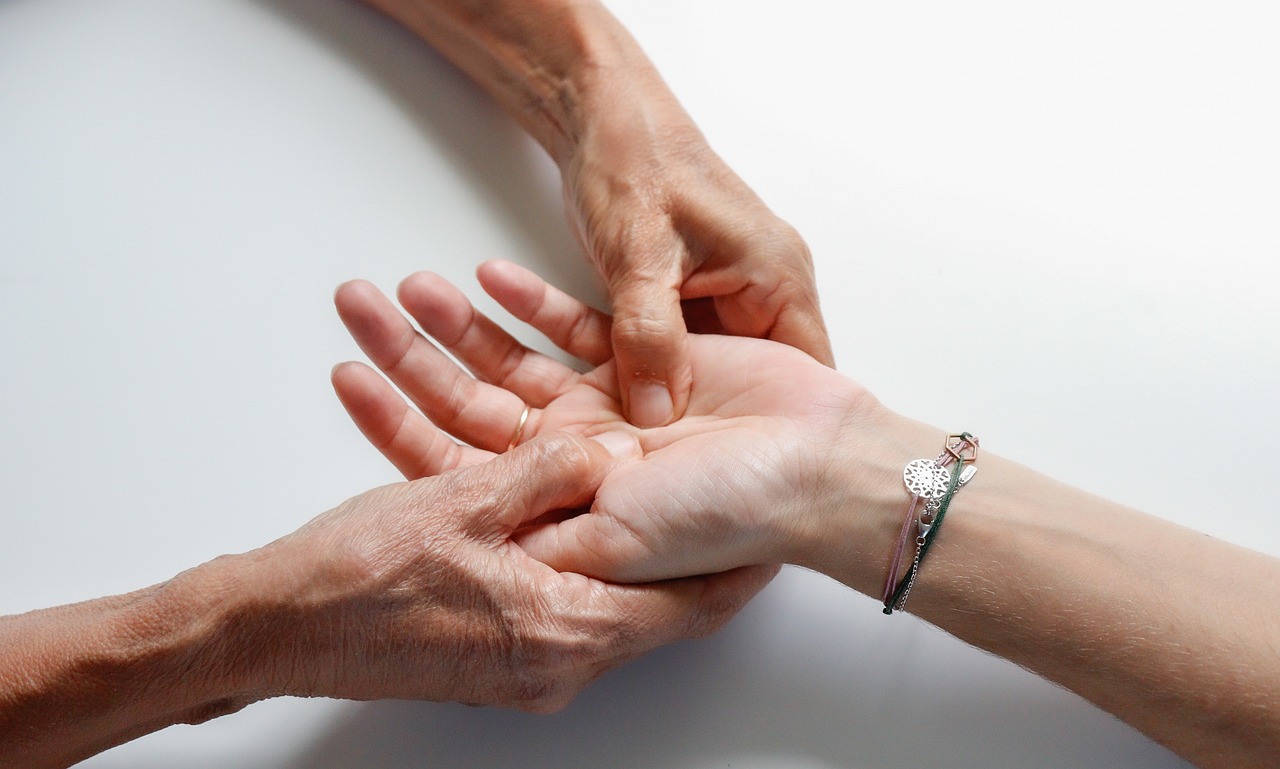In a landscape where conventional medicine often prioritizes symptom management over identifying and treating the underlying causes of health problems, naturopathy offers a detailed approach to wellness.
This time-honored yet evidence-based healing practice highlights the body’s inherent capacity for self-repair through the use of natural therapies. But what is the mechanism behind naturopathy? In this article, we will take a deep look at the scientific principles of naturopathy and examine how its natural remedies promote optimal health.
An Overview of Naturopathy
Naturopathy is a branch of alternative medicine that emphasizes self-healing through natural methods. It many under a variety of healing modalities, including herbal remedies, acupuncture, massage therapy, yoga, and nutritional adjustments, all aimed at restoring the body’s balance.
In contrast to conventional medicine, which often depends on pharmaceutical interference, naturopathy wants to activate the body’s natural healing processes.
Fundamental Principles of Naturopathy
Naturopathy is founded on six necessary principles:
1. The Healing Power of Nature—The body has the congenital ability to heal itself when provided with the appropriate environment and resources.
2. Identify and Address the Root Cause—Rather than simply eliminating symptoms, naturopathy seeks to uncover and resolve the underlying causes of illness.
3. Do No Harm—Natural therapies are non-invasive and aim to reduce side effects, prioritizing safe and gentle healing methods.
4. Doctor as Educator—By informing patients about their health, physicians empower them to make knowledgeable decisions for sustained wellness.
5. Holistic Treatment—Naturopathy takes into account the physical, mental, emotional, and spiritual dimensions of health.
6. Prevention Over Cure—A proactive strategy is essential for preventing diseases before they arise.
How Natural Therapies Work
1. Herbal Medicine
Herbal medicine uses plant-based remedies to support the body’s healing processes. Scientific research has confirmed the efficacy of many herbs in treating conditions like swelling, digestive disorders, and stress. For example, turmeric contains curcumin, which has potent anti-provocative and antioxidant properties.
2. Acupuncture
Acupuncture is an ancient Chinese therapy that involves inserting fine needles into specific points on the body. This practice stimulates energy flow (Qi) and enhances circulation, reducing pain, improving digestion, and boosting mental clarity. Research shows that acupuncture activates the nervous system and releases endorphins, the body’s natural painkillers.
3. Massage Therapy
Massage therapy helps relieve muscle tension, improve blood circulation, and promote relaxation. Studies indicate that massage can reduce cortisol (the stress hormone) while increasing serotonin and dopamine levels, which contribute to overall well-being.
4. Clinical Yoga
Yoga combines physical postures, breathing exercises, and meditation to enhance flexibility, strength, and mental clarity. It has been scientifically proven to lower blood pressure, reduce stress, and improve respiratory function. Regular yoga practice supports emotional balance and mental well-being.
5. Hydrotherapy
Hydrotherapy involves the use of water at different temperatures to stimulate circulation and relieve pain. Warm water helps relax muscles, while cold water reduces inflammation. Studies suggest that hydrotherapy can boost the immune system and accelerate recovery from injuries.
6. Dietary and Fasting Therapy
Nutrition plays an important role in naturopathy. A balanced diet rich in whole foods, fruits, and vegetables provides essential nutrients that support the body’s healing. Fasting therapy, when done correctly, can help detoxify the body, improve digestion, and regulate metabolism.
7. Reflexology
Reflexology is a therapeutic technique that involves massaging the feet and targeting specific pressure points associated with various organs. This practice increases blood circulation, reduces stress, and supports overall well-being. Research has demonstrated that reflexology may be effective in alleviating symptoms related to migraines, digestive issues, and hormonal imbalances.
The Scientific Basis of Naturopathy
Many elements of naturopathy have been thoroughly investigated, and research has confirmed their effectiveness. For example:
– A study featured in the Journal of Alternative and Complementary Medicine demonstrated that acupuncture can significantly alleviate chronic pain conditions such as arthritis and migraines.
– The American Journal of Clinical Nutrition emphasizes that plant-based diets can diminish swelling and reduce the likelihood of chronic illnesses.
– Research on meditation and yoga indicates significant improvements in mental health, especially in reducing anxiety and depression.
Although further studies are warranted, the current evidence substantiates the effectiveness of naturopathic treatments in fostering overall well-being.
Who Can Gain from Naturopathy?
Naturopathy is profitable for people who:
– Chronic pain and inflammation
– Digestive disorders (such as IBS, bloating, and acidity)
– Stress, anxiety, and depression
– Hormonal imbalances
– Sleep disturbances
– A weak immune system
Additionally, people who are in general good health can also reap the benefits of naturopathy as a proactive approach to health care.
Expert Editorial Comment
The principles of naturopathy reveal that natural therapies can significantly aid and improve the body’s inherent healing mechanisms. By targeting the underlying causes of health concerns and promoting overall health, naturopathy provides a viable approach to achieving optimal health.
Whether you seek relief from pain, strategies for stress reduction, or preventive health measures, integrating naturopathic treatments into your daily routine can provide sustainable benefits.




